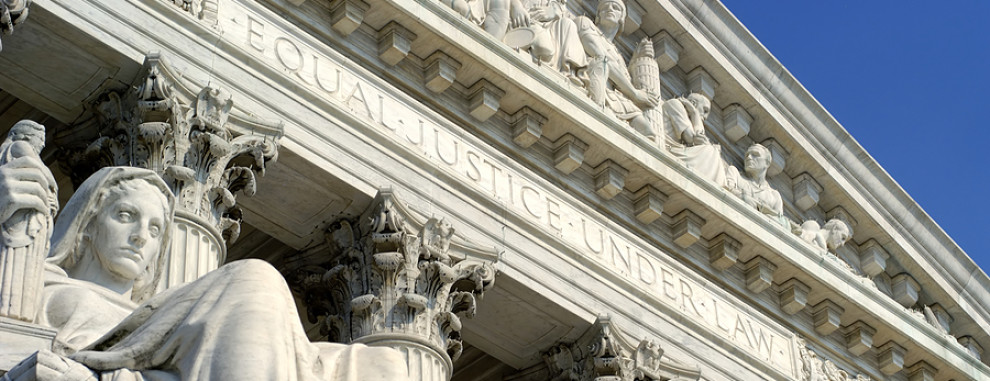The California Medical Board issues licenses which it can deny, revoke, suspend, or place on probation.
The Board investigates complaints or reports which may involve a violation of the Medical Practices Act. Investigations are generally conducted by investigators, in consultation with deputy attorneys general, medical consultants, and medical experts employed by the Board. The initiation of the investigation is not evidence of guilt. There can be numerous bases for accusations, most frequently including negligence due to patient quality of care, prescribing violations, substance abuse, sexual misconduct or from convictions of a crime.
Board investigators have peace officer authority. California Penal Code §830.3. This means they can subpoena documents they deem necessary for their investigation. Board investigations often span for more than a year. At the investigation, licensed physicians are investigated by investigators with badges, guns and Board-paid medical consultants. Sometimes this is at the Board's office or at the doctor's office. They may request records or for voluntary mental examinations. These are similar to depositions and are recorded.
If the investigation produces evidence that a physician appears to have violated the Medical Practice Act, the Board transmits the case file to the Health Quality Enforcement Section of the Office of the Attorney General. A Deputy Attorney General drafts a formal accusation and represents the Board in any subsequent disciplinary proceedings. When a Statement of Issues or Accusation is filed by the Attorney General's Office, the doctor must prepare to defend him or herself before an Administrative Law Judge. The information contained in a formal accusation is public record. Some offenses may be resolved through a public record of reprimand, citation and fine or other actions. California Bus. and Prof. Code §2233.
By law, a physician has a right to a hearing when formal charges are filed. If a physician chooses to contest the charges in an accusation, he or she may request an administrative hearing conducted by an administrative law judge. The hearing will result in a proposed decision that is submitted to the Board for final decision.
The Board must act on the proposed decision within 90 days to either adopt it, modify it, or substitute an alternate decision. If the Board wishes to impose a more stringent penalty, each member must read the transcript of the hearing. Final decisions are public record.
Prior to the hearing, the physician may be offered an opportunity to negotiate a resolution to an accusation. If this is done, a proposed stipulated decision is prepared by the parties and submitted before the Board. Then the Board may adopt the stipulated decision or make changes.
Discipline of a Physician’s License by the Board is governed by California Business and Professions Code §2227. Disciplinary action taken against a physician’s license may take any of the following forms:
“(1) Have his or her license revoked upon order of the board.
(2) Have his or her right to practice suspended for a period not to exceed one year upon order of the board.
(3) Be placed on probation and be required to pay the costs of probation monitoring upon order of the board.
(4) Be publicly reprimanded by the board. The public reprimand may include a requirement that the licensee complete relevant educational courses approved by the board.
(5) Have any other action taken in relation to discipline as part of an order of probation, as the board or an administrative law judge may deem proper.
(b) Any matter heard pursuant to subdivision (a), except for warning letters, medical review or advisory conferences, professional competency examinations, continuing education activities, and cost reimbursement associated therewith that are agreed to with the board and successfully completed by the licensee, or other matters made confidential or privileged by existing law, is deemed public, and shall be made available to the public by the board pursuant to Section 803.1.”
There are ways to reinstate a surrendered or revoked California Medical License through a petition and following certain statutory waiting periods.
What to do if you are being investigated:
It is important that if you are being investigated, you consult with an attorney to guide you on how to handle responding. Depending upon the nature of the investigation, we may recommend to you that you enroll in a particular Board approved program to avoid a formal accusation being filed against you and communicate that to the Board initially. If a formal accusation is filed against you, you will need to work with your attorney to prepare for a hearing and retain several experts early on to support your defenses.
Written by Pamela Tahim

